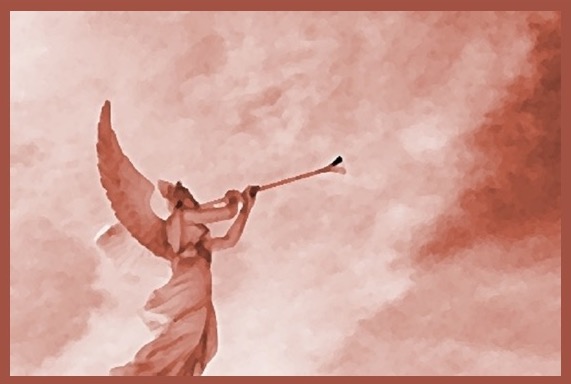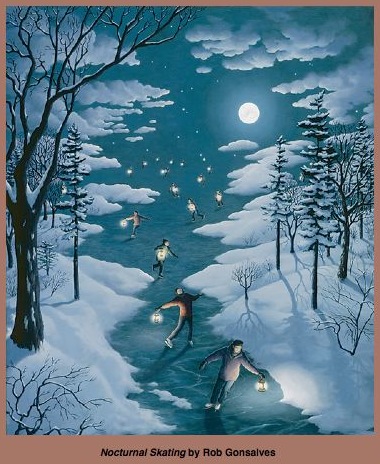Our souls as well as our bodies are composed of individual elements which were all already present in the ranks of our ancestors. The “newness” in the individual psyche is an endlessly varied recombination of age-old components. Body and soul therefore have an intensely historical character and find no proper place in what is new, in things that have just come into being. That is to say, our ancestral components are only partly at home in such things. We are very far from having finished completely with the Middle Ages, classical antiquity, and primitivity, as our modern psyches pretend. Nevertheless, we have plunged down a cataract of progress which sweeps us on into the future with ever wilder violence the farther it takes us from our roots. Once the past has been breached, it is usually annihilated, and there is no stopping the forward motion. But it is precisely the loss of connection with the past, our uprootedness, which has given rise to the “discontents” of civilization and to such a flurry and haste that we live more in the future and its chimerical promises of a golden age than in the present with which our whole evolutionary background has not yet caught up. We rush impetuously into novelty, driven by a mounting sense of insufficiency, dissatisfaction, and restlessness. We no longer live on what we have, but on promises, no longer in the light of the present day, but in the darkness of the future, which, we expect, will at last bring the proper sunrise. We refuse to recognize that everything better is purchased at the price of something worse; that, for example, the hope of greater freedom is cancelled out by increased enslavement to the state, not to speak of the terrible perils to which the most brilliant discoveries of science expose us. The less we understand of what our fathers and forefathers sought, the less we understand ourselves, and thus we help with all our might to rob the individual of his roots and his guiding instincts, so that he becomes a particle in the mass, ruled only by what Nietzsche called the spirit of gravity.
Reforms by advances, that is, by new methods or gadgets, are of course impressive at first, but in the long run they are dubious and in any case dearly paid for. They by no means increase the contentment or happiness of people on the whole. Mostly, they are deceptive sweetenings of existence, like speedier communications which unpleasantly accelerate the tempo of life and leave us with less time than ever before. Omnis festinatio ex parte diaboli est—all haste is of the devil, as the old masters used to say….
Inner peace and contentment depend in large measure upon whether or not the historical family which is inherent in the individual can be harmonized with the ephemeral conditions of the present.
—Carl Jung from Memories, Dreams, Reflections, written circa 1960








